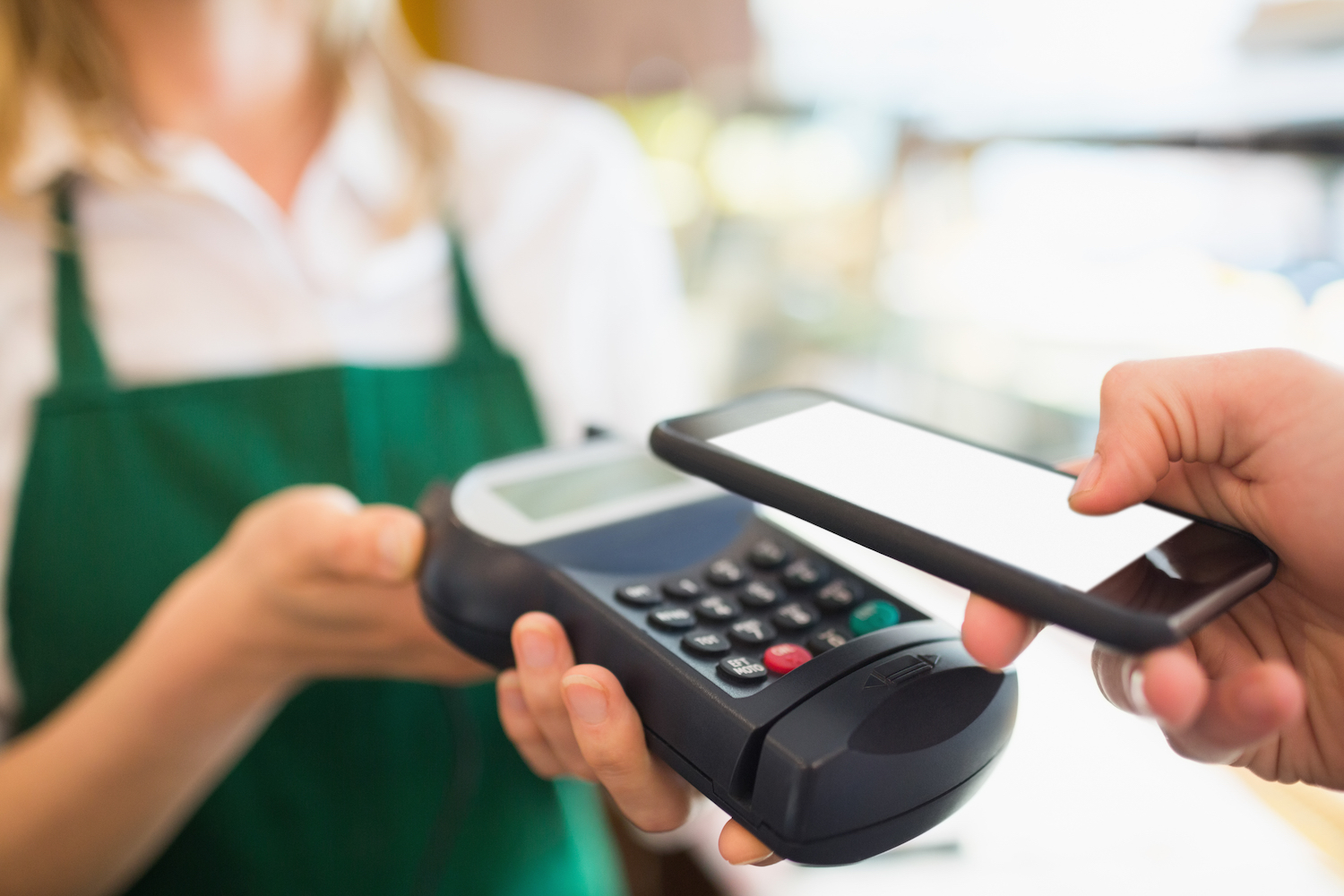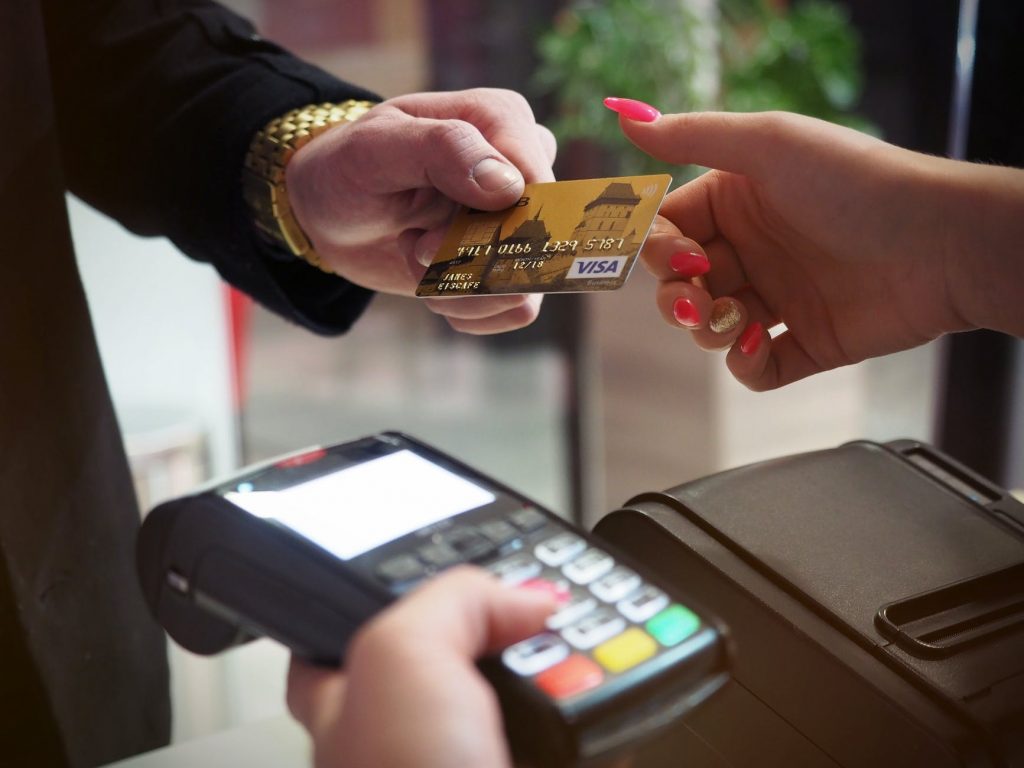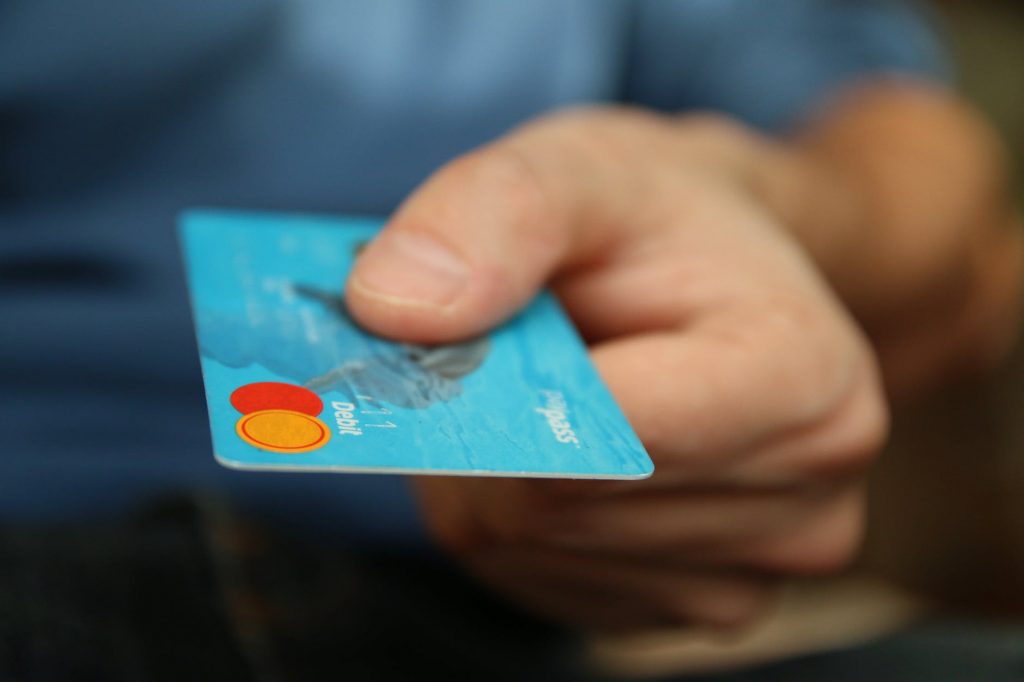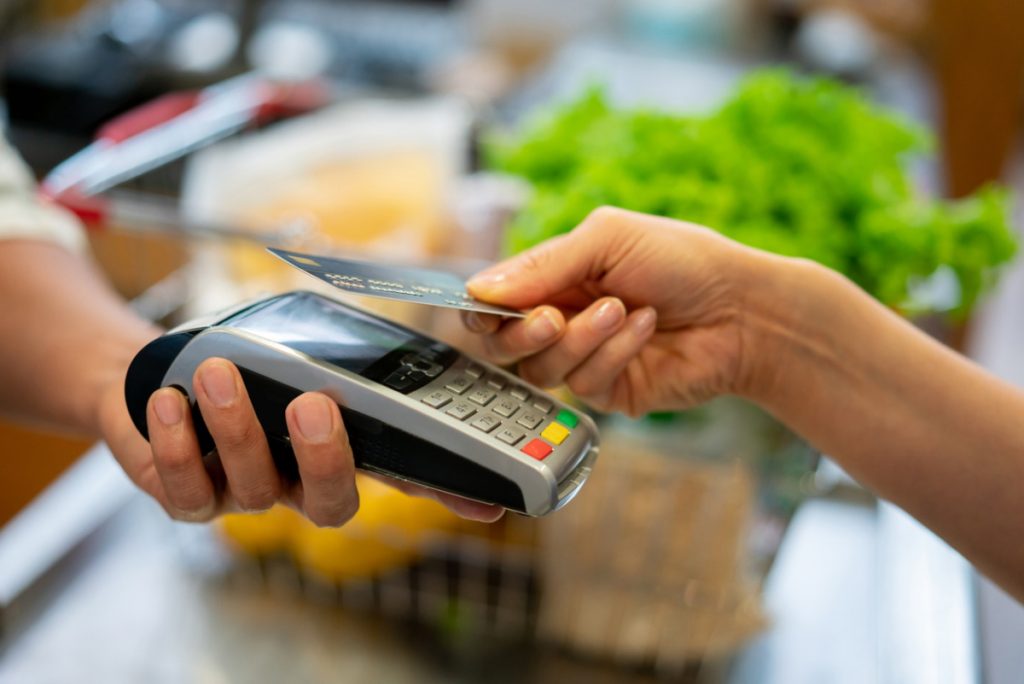
New research released by comparison website GoCompare has revealed that a third of UK adults are now actively avoiding cash due to coronavirus. Shunning physical money for fear of spreading COVID-19 further, some 27% of the British public haven’t used any cash for shopping since the beginning of lockdown in March 2024, with an equal number expressing concerns that the virus could be spread through the exchange of banknotes and coins.
Despite an apparent acceleration of the card-only payments trend that has been gripping the UK for some time, what’s perhaps more interesting is the fact that 8% of people surveyed had made their first-ever contactless payment during the lockdown. With a total of 440 million contactless card transactions made in the UK during May 2024 alone, it’s clear that tap-to-pay has become a real phenomenon amongst the British public.
In this article, we look at how the public’s preference for contactless payments is changing commerce, and why businesses need to get on board sooner rather than later.
Table of Contents
A picture of health

Source: pexels.com
Perhaps the most striking aspect of the drive towards contactless payments is that the public is now moving away from physical money not for convenience, but due to health concerns. 16% of respondents to the aforementioned survey suggested that they would be happy to live in a cashless society, and it seems that the risk of passing coronavirus through currency is behind this trend.
It’s not surprising that people are wary of physical money at a time when the whole world has become much more health-conscious. Paper money has long been known to harbor viruses and bacteria as it’s passed around from shop to consumer to bank, but reports that paper money could harbor flu microbes for up to 17 days have done little to reassure the public. Even now that the UK has commenced the rollout of polymer banknotes, people are reluctant to carry cash around when they know that most reputable retailers are happy to accept card payments. The convenience factor of paying on plastic is even better when all you have to do is tap or hover your debit card over a reader to pay up to £45.
Convenience is king

Source: pexels.com
Technological innovation has been another driving factor for the growth in popularity of contactless payments. With many new payment formats now available at reasonable prices, paying via a contactless card machine has never been more convenient.
Digital devices such as smartphones, tablets, watches, and ever jewelry now come with an RFID chip to allow for contactless payments to be made with any cards that are loaded onto the respective software of the devices. This means that the public can make payments up to the contactless limit (now increased to £45) without even having to reach for their wallet or purse.
With measures now having been introduced to require the public to wear masks in many public areas, the convenience of contactless payments makes it all the more likely that their popularity will continue to surge upwards. After all, with your face mask, keys, and phone to think about, not having to remember to carry cash around would be a welcome change.
Contactless as a business tool

Source: pexels.com
It’s quite clear that contactless payments benefit consumers, but it’s equally true that businesses also stand to gain from using this technology. Given that retail and hospitality businesses are now required to limit their intake of customers due to the risks of COVID-19 transmission, the speed with which contactless transactions can be completed makes them ideal for those ventures that need to serve customers quickly and cut down on queuing time.
In the GoCompare survey, it was found that some 76% of consumers had used a contactless credit or debit card since the beginning of the UK’s coronavirus lockdown in March 2024. This staggering number goes to show that many of the British public now expect to be able to pay in a way that suits them, and businesses that refuse to adapt by introducing contactless technology risk simply falling by the wayside.
With a more convenient payment solution in place, businesses could increase their footfall and boost their takings as a result. Not only this, but just as consumers are concerned about COVID-19 transmission, so to are many employees across the retail, hospitality, and other sectors. If you adopt contactless payment capabilities, your employees are likely to see a reduction in the number of customers who wish to pay with cash – meaning that they might feel safer whilst spending less time processing old-fashioned cash payments.
An investment, not an inconvenience

Source: bayberryconsult.com
Business owners could be forgiven for thinking that overhauling their current payment solutions to accept contactless would require significant effort. The thing is that contactless is now viewed as the standard and so not having this capability could actually be holding your business back. With modern infrastructure and staff that are well trained on contactless payment limits and the security features that come built-in, customers could be tapping to pay in no time.
Retailers and other businesses that want to kickstart their entrance into the contactless payments market could benefit from partnering with a leading merchant services provider, such as UTP Group. With a full range of contactless-enabled card machines and portable card readers, their innovative approach to payments could see businesses saving money whilst modernizing their transactional process.
The future of payments

Source: geeky.news
Whilst the UK has not yet reached the point of becoming completely cashless, the COVID-19 pandemic, not surprisingly, has acted as a catalyst for contactless payments. With more consumers than ever looking to avoid physical money and the potential transmission of the virus, it follows that businesses who have not yet brought their payment solutions up to speed will need to make a concerted effort to modernize sooner rather than later. There will undoubtedly be those who prefer to stick with traditional cash but can be little debate that contactless payments are truly the way forward. But with current progress, contactless payments are an investment worth making.







